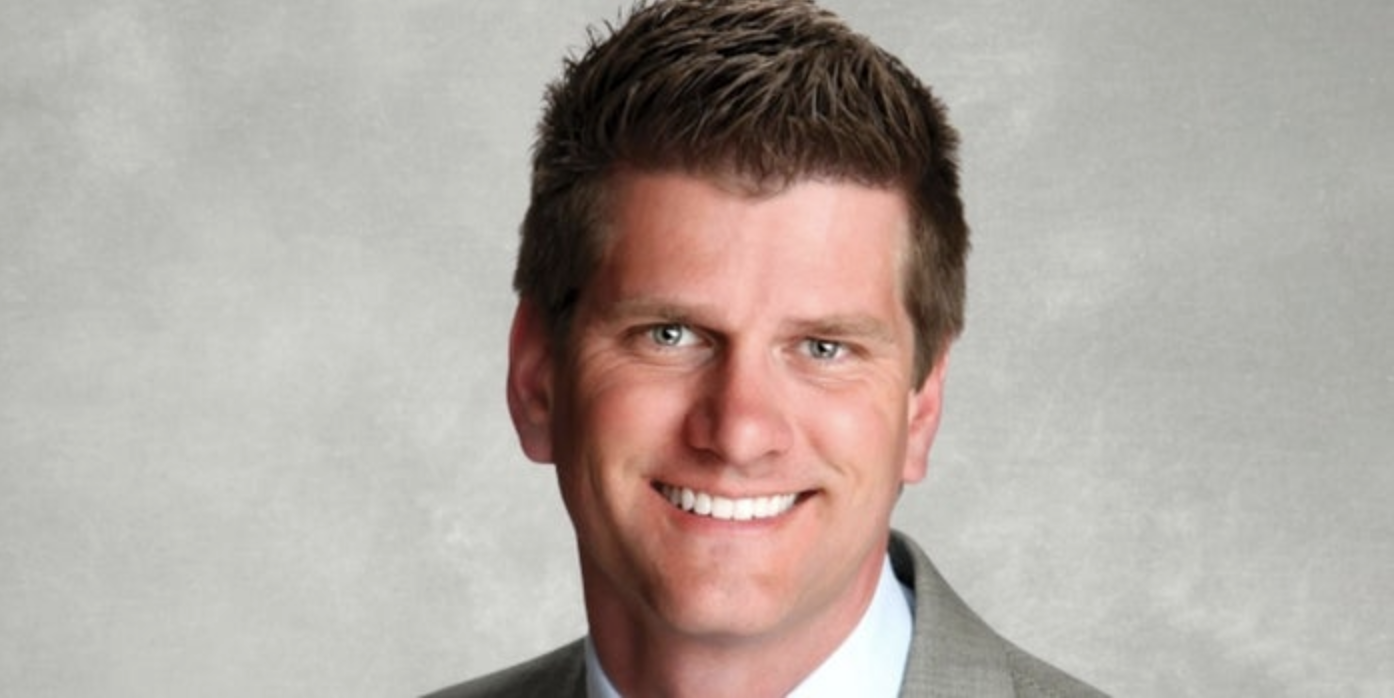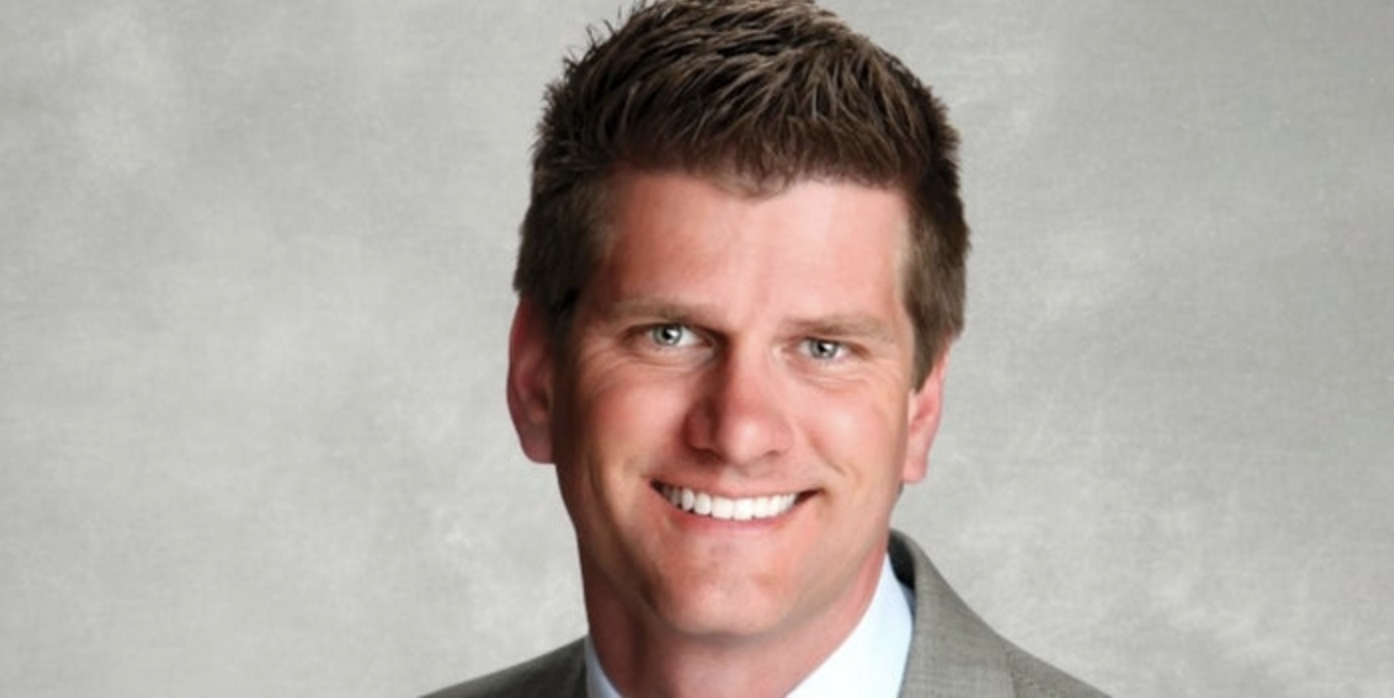As a renowned thinker in the leadership and personal performance space, Scott Miller is able to connect and help others due to this simple fact: he knows what it’s like to fail.
Miller was demoted from his first leadership position after only three weeks in the role at FranklinCovey. Fortunately, for him and the company, they kept him around. Now entering his twenty-third year with the company, Scott serves as the executive vice president of thought leadership. He is also the host of FranklinCovey On Leadership With Scott Miller, a weekly leadership webcast, podcast, and newsletter that features interviews with renowned business titans, authors, and thought leaders that is distributed to more than five million business lea

Miller is also the host of the weekly radio program Great Life, Great Career With Scott Miller on iHeartRadio’s KNRS 105.9. This radio program and podcast provide insight and strategies drawn from FranklinCovey’s leadership principles and from Miller’s career and personal life experience to assist listeners in becoming more effective as business leaders and to improve their personal performance.
I recently spoke with Scott and got his reflections on his early beginnings and how one interview drastically changed his life.
Would you like to hear from Scott live? Join his upcoming Entrepreneur Insider online Fireside chat Management Mess to Leadership Success: 30 Challenges in 30 Days to Become a Leader You Would Follow. This event takes place on May 29th at 4 pm EDT.
Entrepreneur at an early age
“I came from a working-class family. When I was in junior high school, my mother forced me every day to go out and walk around the neighborhood knock on doors and get jobs raking, mowing, weeding, edging, washing cars, etc. I could not come home until I had five of them, one a day every week.”
He continues, “I was like a fairly shy kid, kind of skinny, not much self-confidence, walking around the neighborhood asking a bunch of widows, ‘Can I mow your lawn?’ And what that did to develop my work ethic was incomparable to anything else. When the rest of my friends were out waterskiing on Saturdays, I was up at about 7 o’clock in the morning, working all day long. I’ve maintained that work ethic ever since. I’ve honestly worked full-time/full-time since I was about 17. Meaning, I went to college full-time and worked full time.”
Learning to avoid potholes
“I’d say I’m sort of an accidental leader. I think I spent the better part of my life and always being told to fit in and change. Like, calm down, talk slower, relax! I’ve been sort of the person that’s always aimed at the potholes. I aim at them and break my ankle and I get back up. I’ve learned a lot each time and because of that, I’ve had an amazing career here at FranklinCovey. I’m writing three books and I have a program and podcast. My success is a combination of a lot of good fortune, a lot of opportunities and a lot of hard work. Now that I turned 50, I’m hoping to spend the last half of my career teaching—giving back and inspiring others to avoid the potholes. Or if you do step in a pothole, just sprain your ankle, don’t break it.”
The interview that changed his life
“I interviewed Eric Barker, who wrote Barking Up the Wrong Tree. The book is designed to kind of debunk all the myths that we’re inundated within our life. Reading it and then interviewing him changed my life and I don’t say that easily. He talked about the power of owning your own story. Since birth, we are told things about us from people we trust. Our parents, our siblings, our neighbors, our uncles, teachers, ministers—you name it. And we’ve built a narrative to believe about ourselves. And some of those things are true and some of them are not true.”
“And so we go into adulthood believing whatever it is people told us about ourselves and it can be very empowering, but it can also be very limiting. So after his interview, I walked around my house one night at 2 o’clock in the morning in my boxers with a wooden spoon as a microphone and I interviewed myself. I just told my story out loud, where I was born, what my fears were, what my talents were. And I said to myself, “Is that true?” And for some things I was like, “No, it’s not true.” It empowered me. The next day I went out and I got a radio program.”
Releasing the past and writing your own story
“Here’s a great example that many people can relate to: in elementary school, there were three classes. You were in the slow class, the middle class or the advanced class. In fifth grade, I got put on the slow track and I think the damage that that did on my self-esteem, my self-worth, my self-confidence was irreparable in some ways. That’s why I’m much more mindful with my team members, my employees and my children about what I say about them. So I’m really passionate about this concept of knowing your story, owning it, stopping, starting it and creating it yourself.”
This article was written by Terry Rice, and originally appeared on Entrpreneur.com




